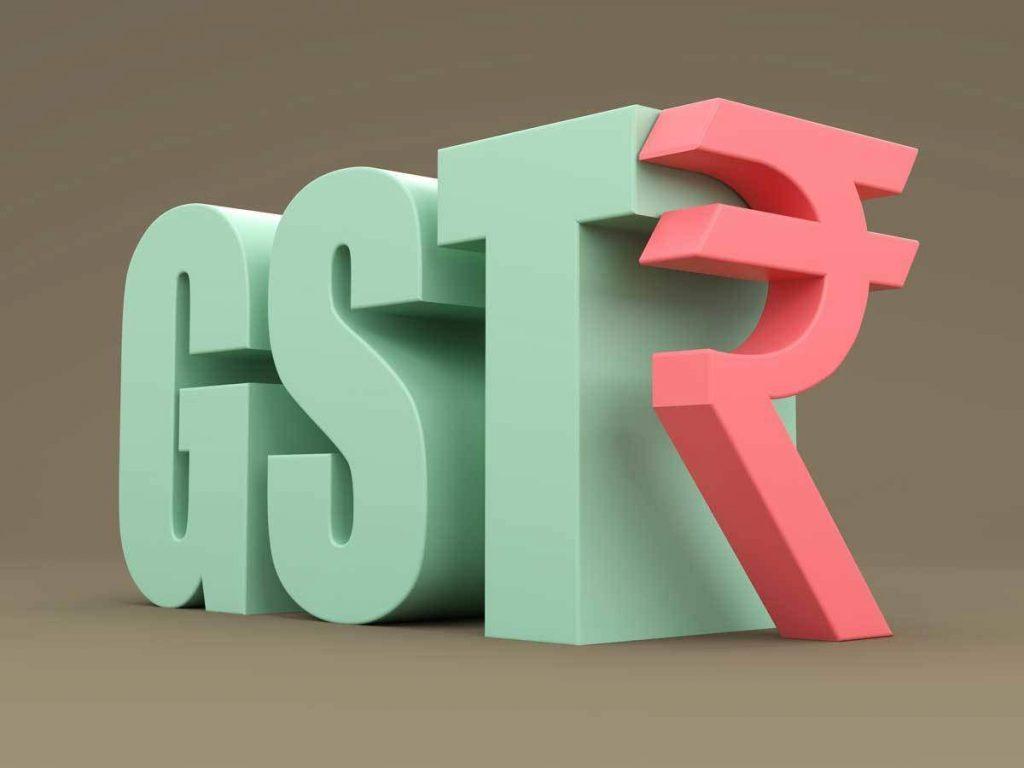Goods And Service Tax
The Goods and Services Tax (GST) has consolidated a plethora of indirect taxes levied by the Centre and states into a common tax. It eradicated multiplicity of taxes thereby reducing the complexity and removing the cascading effect of taxes. Present taxes levied on the sale of goods or services by either Central or State Government are embraced under the GST regime.

1) The threshold exemption limit would be Rs. 20 lac. For special category States enumerated in article 279A of the Constitution, threshold exemption limit has been fixed at Rs. 10 lac.
2) Composition threshold shall be Rs. 50 lac. Composition scheme shall not be available to inter-State suppliers, service providers (except restaurant service) and specified category of manufacturers.
3) Existing tax incentive schemes of Central or State governments may be continued by respective government by way of reimbursement through budgetary route. The schemes, in the present form, would not continue in GST.
4) There would be four tax rates namely 5%, 12%, 18% and 28%. Besides, some goods and services would be under the list of exempt items. Rate for precious metals is yet to be fixed. A cess over the peak rate of 28% on certain specified luxury and sin goods would be imposed for a period of five years to compensate States for any revenue loss on account of implementation of GST. The Council has asked the Committee of officers to fit various goods and services in these four slabs keeping in view the present incidence of tax.
5) The five laws namely CGST Law, UTGST Law, IGST Law, SGST Law and GST Compensation Law have been recommended.
6) In order to ensure single interface, all administrative control over 90% of taxpayers having turnover below Rs. 1.5 crore would vest with State tax administration and 10% with the Central tax administration. Further all administrative control over taxpayers having turnover above Rs. 1.5 crore shall be divided equally in the ratio of 50% each for the Central and State tax administration.
7) Powers under the IGST Act shall also be cross-empowered on the same basis as under CGST and SGST Acts with few exceptionsv.
8) Power to collect GST in territorial waters shall be delegated by Central Government to the States.
9) Formula and mechanism for GST Compensation Cess has been finalised.
10) Four rules on input tax credit, composition levy, transitional provisions and valuation have been recommended. Further five Rules on registration, invoice, payments, returns and refund, finalized in September, 2016 and as amended in light of the GST bills introduced in the Parliament, have also been recommended.
2) Composition threshold shall be Rs. 50 lac. Composition scheme shall not be available to inter-State suppliers, service providers (except restaurant service) and specified category of manufacturers.
3) Existing tax incentive schemes of Central or State governments may be continued by respective government by way of reimbursement through budgetary route. The schemes, in the present form, would not continue in GST.
4) There would be four tax rates namely 5%, 12%, 18% and 28%. Besides, some goods and services would be under the list of exempt items. Rate for precious metals is yet to be fixed. A cess over the peak rate of 28% on certain specified luxury and sin goods would be imposed for a period of five years to compensate States for any revenue loss on account of implementation of GST. The Council has asked the Committee of officers to fit various goods and services in these four slabs keeping in view the present incidence of tax.
5) The five laws namely CGST Law, UTGST Law, IGST Law, SGST Law and GST Compensation Law have been recommended.
6) In order to ensure single interface, all administrative control over 90% of taxpayers having turnover below Rs. 1.5 crore would vest with State tax administration and 10% with the Central tax administration. Further all administrative control over taxpayers having turnover above Rs. 1.5 crore shall be divided equally in the ratio of 50% each for the Central and State tax administration.
7) Powers under the IGST Act shall also be cross-empowered on the same basis as under CGST and SGST Acts with few exceptionsv.
8) Power to collect GST in territorial waters shall be delegated by Central Government to the States.
9) Formula and mechanism for GST Compensation Cess has been finalised.
10) Four rules on input tax credit, composition levy, transitional provisions and valuation have been recommended. Further five Rules on registration, invoice, payments, returns and refund, finalized in September, 2016 and as amended in light of the GST bills introduced in the Parliament, have also been recommended.
Free Estimation
Request A Quote
Got a question or maybe are stuck in a bad situation. Feel free to mail us your concern and we’ll get back to you as soon as we can